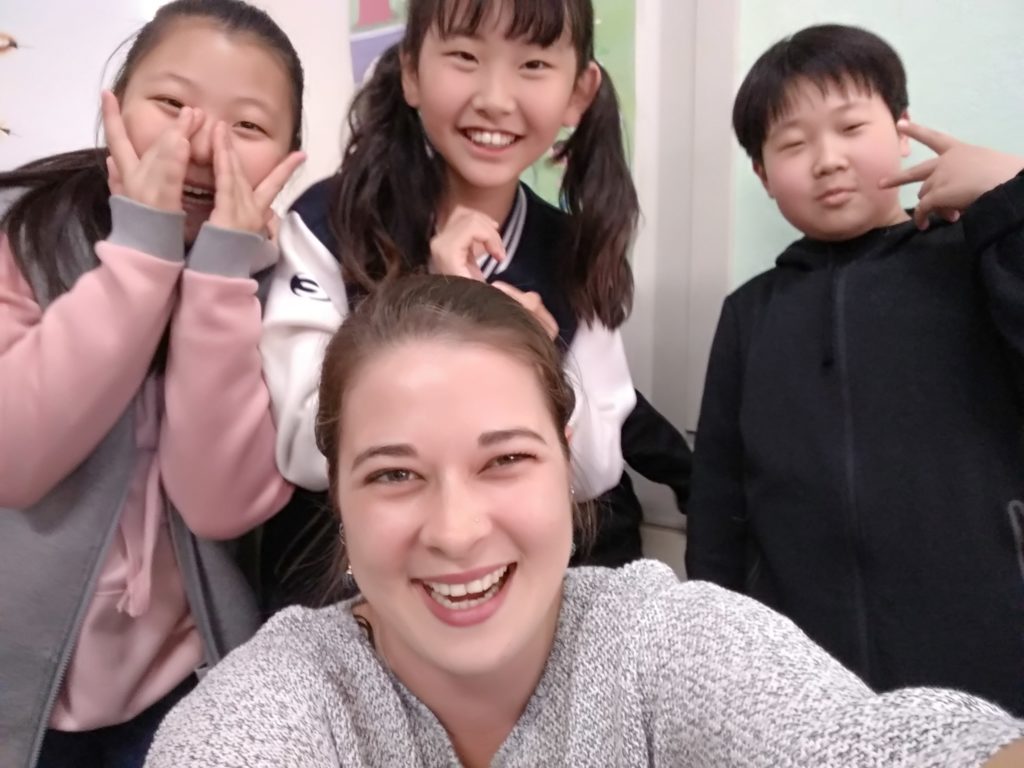Practical Guidelines for International ESL Job-Hunters

Whether you are looking for jobs as a teacher, researcher, or consultant, conducting an international job search can be a daunting process. However, your search can be more effective, less stressful, and even more enjoyable by embracing a few basic guidelines.
As someone who finally scored her dream international gig, which now sends me to a new country every several months to live and work, my success came down to three key factors: critical self-reflection, laser-sharp focus, and strategic informational interviewing. This same focus can be used to finding an overseas teaching position of your choice.
Write Your Summary Sentence
It is vital to begin your search with a strong summary sentence nailed down, one that positions you and your background in the context of teaching. It should sum up where you have been, where you are now, and why you are looking to teach now.
This kind of clarity at the onset allows you to conduct a focused job search, more effectively positions you in the ESL market, and helps people help you.
The process of developing this statement empowers you to critically analyze your past experiences, interests, skills, and education to understand what makes you relevant to the market. Having this solid self-assessment completed and boiled down to bite-size is the only way to get hired.
Pick ONE Country, Please

Apply with Reach To Teach for a teaching position today. Visit our Job Board to find out what kind of opportunities await you.
Next, it is important to narrow your focus to one country.
This was one of the biggest mistakes I made in my search, looking everywhere from Rio de Janeiro to New Delhi. I considered it “keeping my options open,” but in reality such a scatter-brained search inhibited my ability to be strategic and effective in my hunt.
Imagine someone saying, “I want to try teaching abroad.” I don’t even know where to begin to realistically help this person.
But if a person exercises tip 1 and tells me, “I want to work for a local school in Lima because I have three years of teaching experience, speak Spanish, and have a background in Latin American Studies,” I can try to think of who I know in my network who lives in Lima or is connected to schools in Peru. I can also feel confident recommending you as someone who a.) knows what she wants and b.) is qualified in that space.
Additionally, picking a specific location lets you to use LinkedIn and Google in a sensible way, finding schools and organizations that interest you. “Teaching positions in developing countries” will drown you with Google results. “Teaching positions in Peru for US citizens” is far more effective.
Use Informational Interviewing to Develop Contacts and Narrow-Down Leads
When it comes to ESL recruitment, one of the keys to getting hired is to ensure that you are applying for a position that you are both interested in and qualified to handle. This requires reliable, personalized information, best achieved through having a conversation with someone who has previously held your desired position. Their insights will help determine if the job is a good fit, and it will also help you tailor your cover letter and CV to what the agency values most in potential candidates. This is where the knowledgeable staff at Reach To Teach can help you.
Begin by sending a brief, friendly email to everyone you feel comfortable reaching out to, including your summary sentence and a request to be put in contact with anyone he or she knows doing what you are looking to do. Be as specific as possible about the kind of people and conversations that would be most helpful to you in your search.
(Tip: Never send out your CV unsolicited in this context. If someone wants to see it or forward it to someone, they will ask you.)
LinkedIn is another great tool to utilize. Because it grants visibility into your network’s second and third degree connections, you can ask for specific introductions to other friends or friends of friends you see with relevant job descriptions. The “groups” section of the site is also fundamental. You can find targeted groups like “Teachers in China” or “ESL Educators,” which can be invaluable sources of contacts. Do note that you can directly message anyone who participates in the same group as you – a huge advantage! You can also search for people working at specific schools, in particular countries, or with particular titles.
Take a casual mentorship-based approach to your interaction with the contacts you find. Write to them with a brief introduction about yourself, an explanation of how you know them (or about them), and why you are keenly interested in their experience. Then politely see if they are available for 20 minutes for coffee or a phone call. You’ll be surprised by the positive responses you can get using this approach, and just how helpful their advice will be in directing and narrowing-down your search for the perfect fit.
Once you’ve identified a short-listed group of schools or positions that interest you and fit your qualifications, you can then enter the formalized application process with confidence. Of course, a flawless CV and cover letter bolstered with details personalized to each specific opportunity that you’ve gathered from your primary research is essential to being seriously considered for those opportunities.
Conclusion
The method of job-hunting described here is a guideline for success, not a step-by-step process. The overarching principles are to engage in critical self-reflection, honestly examine your goals and qualifications, nurture and expand your network, solicit personal and professional mentorship, and position yourself as a qualified and well-informed applicant for the position your heart desires.
Although designed with the hopeful ESL teacher in mind, these ideas are widely applicable across a range of professions and can be strategically engaged when positioning yourself for a variety of job prospects.
All in all, you are responsible for making your job-hunt both effective and enjoyable. Don’t allow the process of obtaining a placement overseas to become daunting and frustrating. By remaining focused on a few carefully selected, realistic options and cultivating new, exciting relationships along the way, the process of landing a job can become as fun as actually being gainfully employed in the location of your dreams.
Guest Author: A former New York City management consultant turned legal nomad, Elaina Giolando writes about the intersection of career, life, and travel for today’s twenty-somethings. She works as an international media representative, traveling to a new country every 3 months to live and work. In her spare time, she focuses on providing her peers inspiration to proactively create rewarding and unconventional lifestyles.




